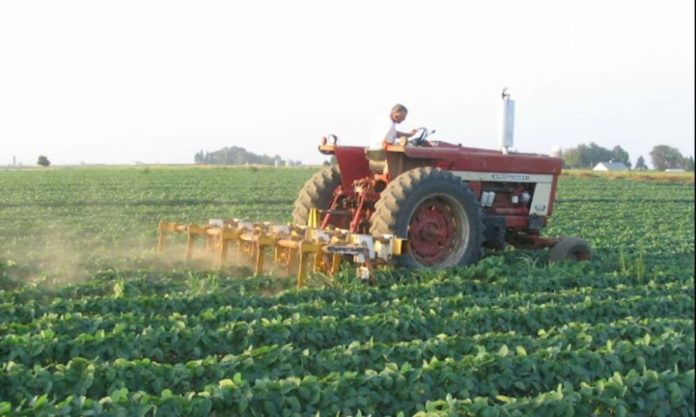The government of Kenya will repossess idle land owned by parastatals and lease it to private investors for commercial agriculture to rev up the production of food for local supply and exports and create new jobs.
The Cabinet approved the seizure of idle land in efforts to boost food security and reduce the cost of living. Some of the parastatals holding vast but idle land include the Kenya Railways, the Kenya Broadcasting Corporation, the East African Portland Cement, Kenya Prisons, and the University of Nairobi.
“Cabinet approved the Policy on large-scale commercialisation of public land held for agricultural production. The policy seeks to provide a framework for utilisation of idle land owned by public institutions for large-scale commercial agricultural production,” said a dispatch from the Cabinet.
Large-scale agricultural production
The government has in the past failed in attempts to revive large-scale agricultural production with projects such as the Galana Kulalu irrigation scheme. The Galana/Kulalu Food Security Project was started in 2015 with the intention of opening up more than 1.2 million acres of land belonging to the Agricultural Development Corporation to irrigation.
Kenya’s commercial agro-sector currently focuses on produce like tea, coffee, fruits, vegetables and flowers, which are key foreign exchange earners. The country is now seeking large-scale commercial production of food crops like maize, beans and vegetables, targeted at the domestic market.
Official data shows that growth in the country’s agricultural production dropped to negative 0.1 percent last year from a rise of 5.2% posted in 2020, mainly attributed to poor rains that led to reduced crop and animal production. This has seen the cost of basic food items like maize and vegetables hit record highs, lifting consumer inflation rose to 6.47 percent year-on-year in April from 5.56 percent a month earlier.
The National Drought Management Authority (NDMA) said the food situation in Kenya has deteriorated with the number of people in need of relief rising from 2.1 million in August to 2.8 million at the end of last year, occasioned by the failed October-November December short rains.









